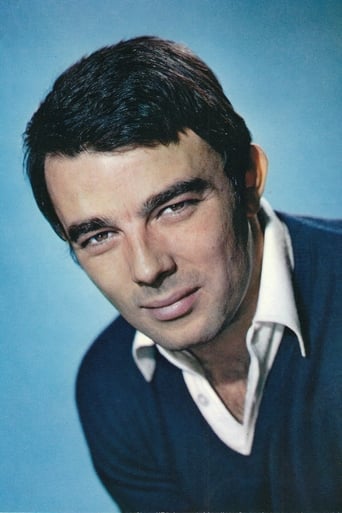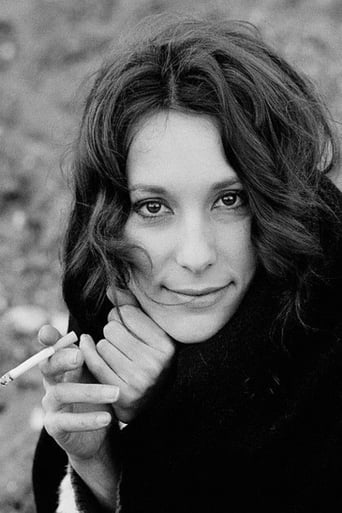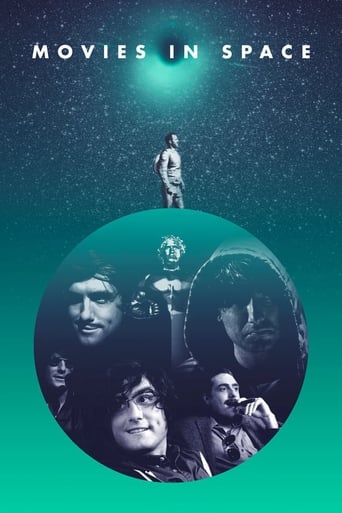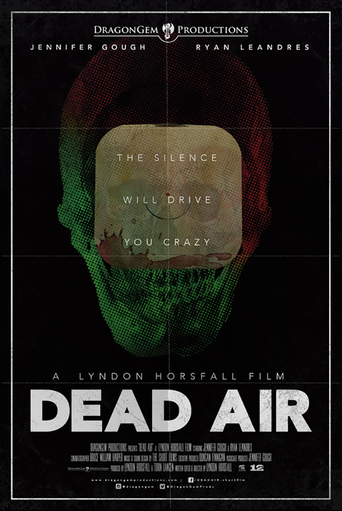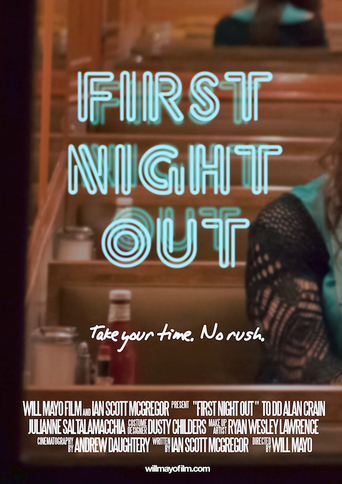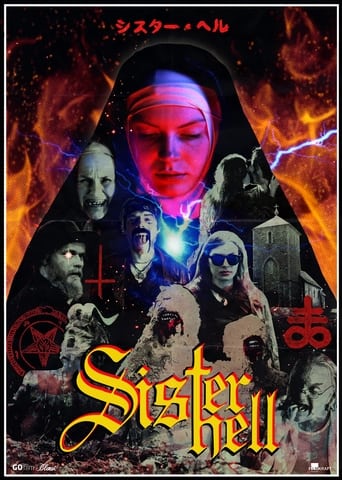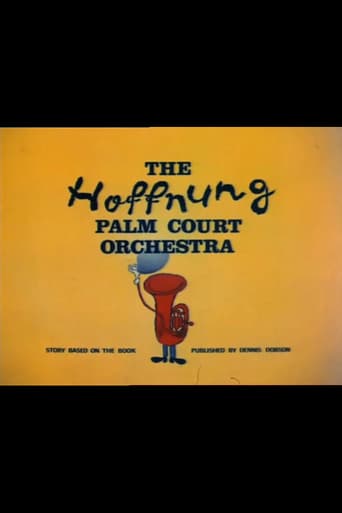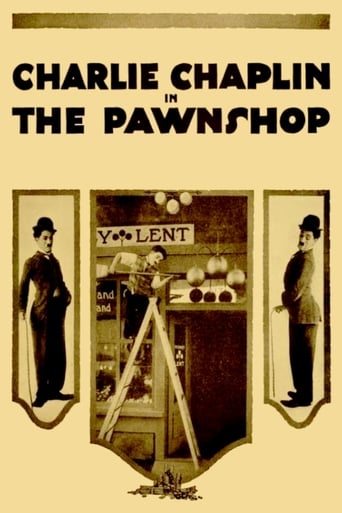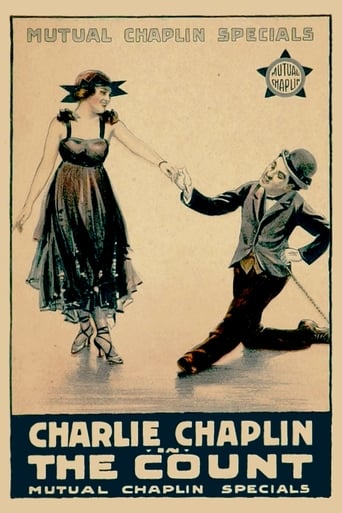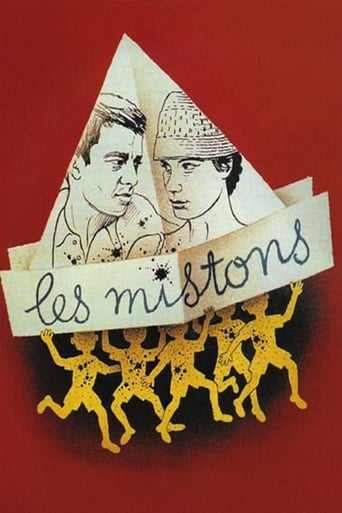
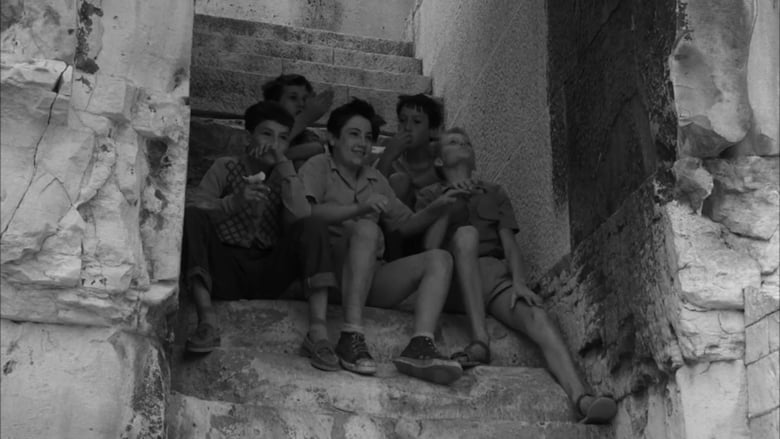
The Mischief Makers (1957)
A group of young boys have a collective crush on Bernadette. As a result of this, they have an unreasoning jealousy of Gérard, and do everything they can to disrupt their relationship. When Gérard catches one of the young boys spying on them, he thrashes him severely. In retaliation, the children try to inspire Bernadette to doubt Gérard’s love.
Watch Trailer
Cast
Similar titles
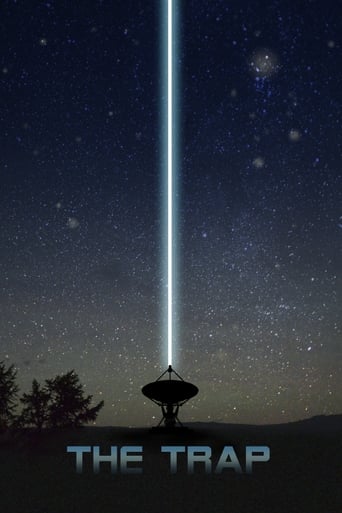
Reviews
To me, this movie is perfection.
Simply A Masterpiece
It’s sentimental, ridiculously long and only occasionally funny
The film never slows down or bores, plunging from one harrowing sequence to the next.
While some on IMDb scored this short film higher, I find it really hard to give it a score one way or the other since Les Mistons is only 17 minutes long. It's sort of an experimental film due to its length and it's about as long as the average 3 Stooges short (this is NOT meant as a criticism--just a statement about the length of the film). What I saw, I really liked. It's a real shame that Trufaut never expanded this movie or created more episodes on "The Brats" ("Mistons" in French)--I could see several vignettes like this going to create a nice film.I assume if the viewer has no idea who Truffaut is or had no idea it was one of his films wouldn't think too much about it. It's a slight little film. Enjoyable, but not a "must see".
'Les Mistons' is a short by one of the best French directors ever, François Truffaut. It was 2 years before his critically acclaimed 'Les Quatre Cents Coups' (The 400 Blows), and the greatness was already there.The story is about Bernadette, a girl so beautiful it is unbearable, so the narrator tells us. The grown-up narrator was one of 5 boys. Instead of showing their love the normal way, they tease the girl and her boyfriend. Yes, when little boys are in love, they do those things.The short is funny, dramatic and true. 'Les Quatre Cents Coups' was about a boy very misunderstood. The boy could have been one of the 5 from 'Les Mistons'. A very good short.
Truffaut's early short moved me as much as almost anything he filmed. It's hard to believe that so much insight and humanity was crammed into such an early short piece. It's very easy to see the path from this piece to The 400 Blows. Not to be missed.
in 1954, Francois Truffaut the young critic wrote a polemical essay in 'Cahiers de Cinema' called 'A Certain Tendency in French Cinema', which denounced contemporary mainstream cinema in France, with its inert notions of quality and prestige, and called for a cinema that would be responsive to experiment and outside (i.e. American) influence, which would be true to life in contemporary France, and which would facilitate the personal visions of the director, rather than borrowing the personal vision of a great writer, debasing it in the process.Three years later, and what was Francois Truffaut the young film-maker putting in place of the dread 'Cinema de papa'? Well, like it, he adapted a novel; and like it, he concentrated on its love story. Like it, a dubious romantic strain smothers any attempts to portray 'real life', never mind the processes that go into making that real life - his heroine has no personality or will of her own, and is associated with vague ideas of freedom, and traditional essences of the natural. Hey, I'm not the first to notice the disparity between Truffaut the revolutionary critic, and Truffaut the conservative film-maker. Originality for its own sake can often lead to the unwatchable. Where Truffaut decisively breaks with the cinema de papa is the freshness of his style, his exuberant love of film, and his schoolboy-like excitement at the sheer good fortune of being able to make a film, no matter how it turns out. These qualities retain their ability to enchant today, qualities which still make Truffaut's first three features THE most precious things in the whole of cinema for me, and which makes the subsequent slide into mediocrity and disillusionment so painful.The opening credits are bewitching, not because Truffaut films a beautiful, happy young woman in the sunny open air on a bicycle in the countryside, but because he manages to find a way of filming that beauty and youth and happiness and sunniness and openness that allows the viewer to share and experience it, that liberates a formal set-up with the potential to be weighed down with technical artifice, and approximate something like life, even if it is only a hope or dream of life.Truffaut's early films are so vital and moving because he achieves a poignant paradox: he shoots narratives about sadness, mistakes, failure, entrapment, despair, uncertainty, with the freest style, so that the pulse of the filming - unstable, improvisatory, immediate - is the pulse of life and emotion in all their bewildering varieties, an expression of feelings characters can't always express. 'Les Mistons' is a very sad story, looking forward to 'Shoot the Pianist' and 'Jules et Jim', with its doomed lovers, its pained nostalgia, its untracable crossing from one threshold to another, from youth to maturity, from love to indifference, from life to death. A motif - of the spontaneous lovers 'imprisoned' behind the 'bars' of trees etc. in the very nature that is supposed to be unrestrained, will be developed in 'Jules et Jim', while more 'studied' compositions, such as the sequence in the ancient arena, the complex framing and shifting, elusive notions of time (including a middle-aged narrator telling a story from his past we'd assumed was set in the present day) would likewise become more prominent in Truffaut. His ability to psychologically penetrate an undifferentiated group of boys, as in 'Les 400 Coups', is remarkable. But, as with those films, we are as likely to remember the gleeful cinematic facility, the offhand tributes to favourite masters (Lumiere, Cocteau, Vigo, Rossellini, and, especially, the Renoir of 'A Day in the Country'), or the gorgeous, melancholy score. Truffaut affirms cinema's power to capture life, but also its ultimate power to transcend it, to reverse its inevitable, brutal move towards decay, as in the lovely 'Orphee' allusion here that raises a boy playing dead to life. It's interesting that Truffaut, with his reputation for misogyny, in this early film questions the very processes of voyeurism, of defining and interpreting the female through gazing, that he would be later accused of indulging in.
